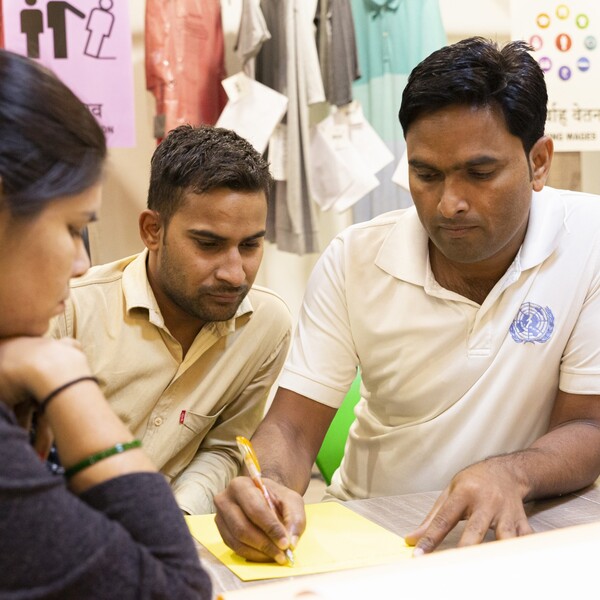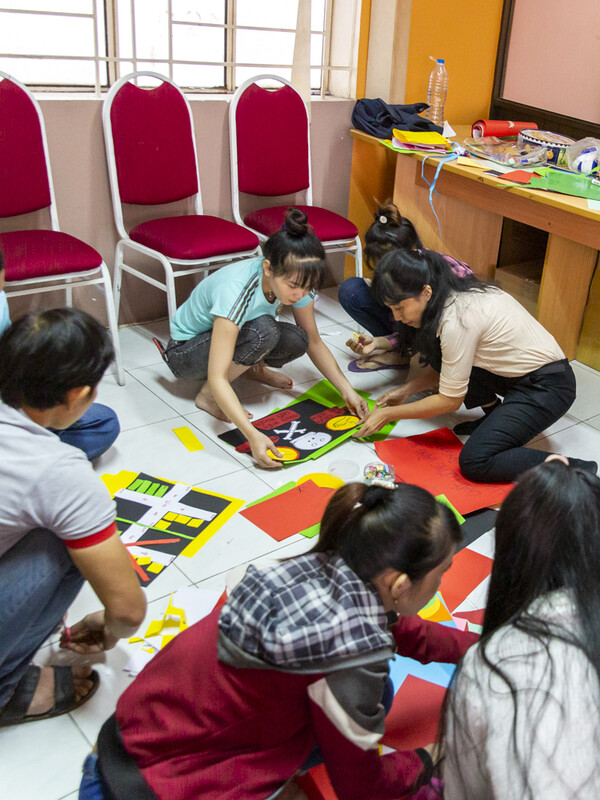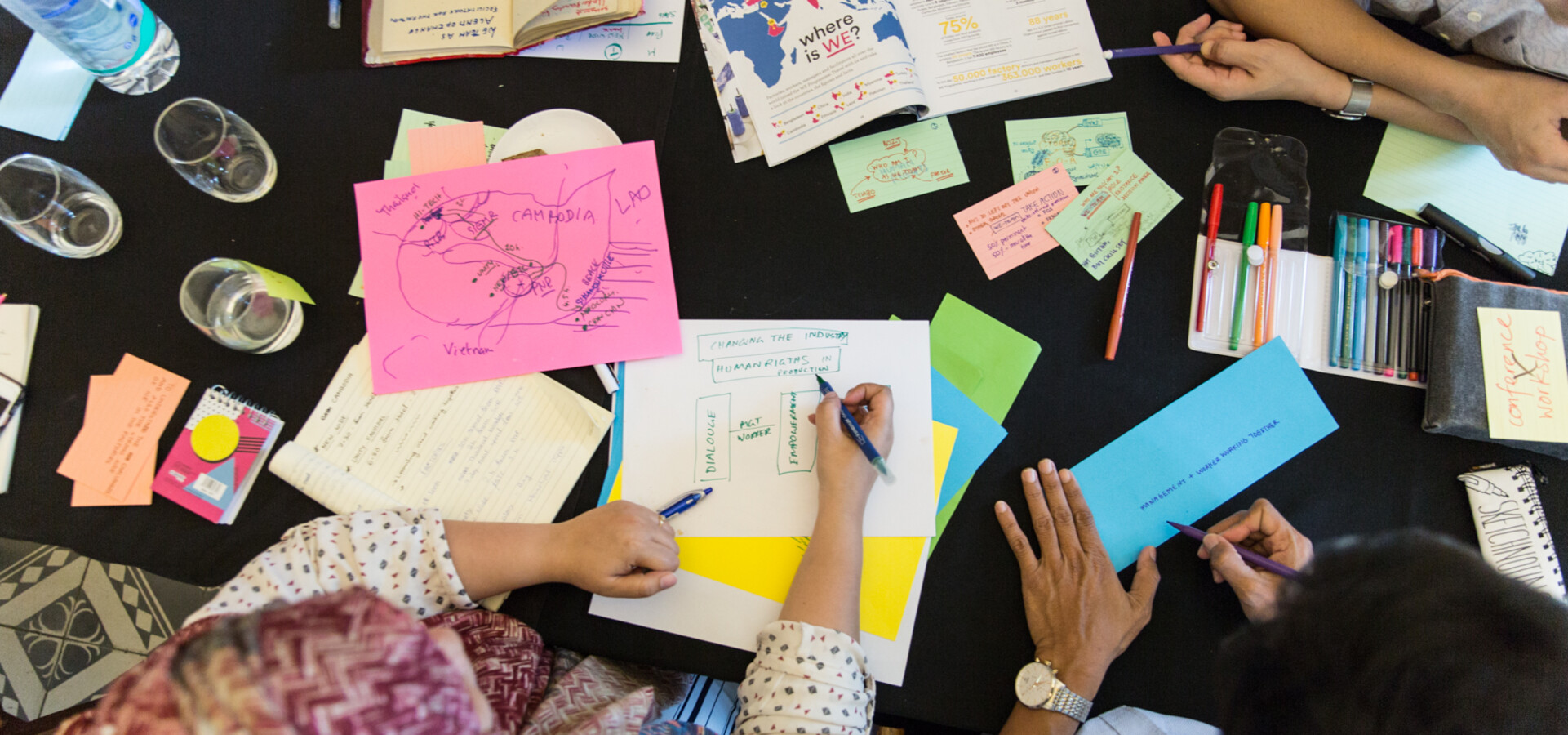
We cannot go any further on our own
We are often confronted with systemic challenges within the sectors we operate in. Their roots lie deep in the globalised economy. Low wages, unsafe workplaces and child labour are a few examples.
These are the areas where we cannot go any further on our own. We need radical change.
If this is to happen, politicians, companies, employers’ associations, trade unions and non-governmental organisations must all work together. That is why we are involved in various initiatives – both at industry level and beyond. Together, we can change ourselves and the world for the better.
Radical change is only successful when everyone is involved and everyone works together. That is our route to success.
We believe it is important that the interests of workers and other stakeholders are represented in our initiatives. We have been working in partnership with IndustriALL Global Union and its members for many years, for example to promote fire and building safety in the Bangladesh Accord or living wages in ACT on Living Wages.
Our response to the challenges facing our industries is to take a sector-wide approach. Nevertheless, new and systemic solutions require a lot of time. They deal with complex problems and must involve all those affected. The progress made with these solutions may seem small-scale and not immediately obvious, but it is very valuable for the systemic change we are striving for.




